Definition
Osteopathy is a form of manual medicine which recognises the important link between the structure of the body and the way it functions. Osteopaths assist healing by focusing on how the skeleton, joints, muscles, nerves, circulation, connective tissue and internal organs function together as a holistic unit.
Using skilled evaluation, diagnosis and a wide range of hands-on techniques, osteopaths can identify important types of dysfunction in your body. Osteopathic treatment uses techniques such as stretching and massage for general treatment of the soft tissues (muscles, tendons, and ligaments) along with mobilisation and manipulation of specific joints and soft tissues using direct or indirect techniques.
One of the words that could describe the primary goal of an osteopath’s work is homeostasis.
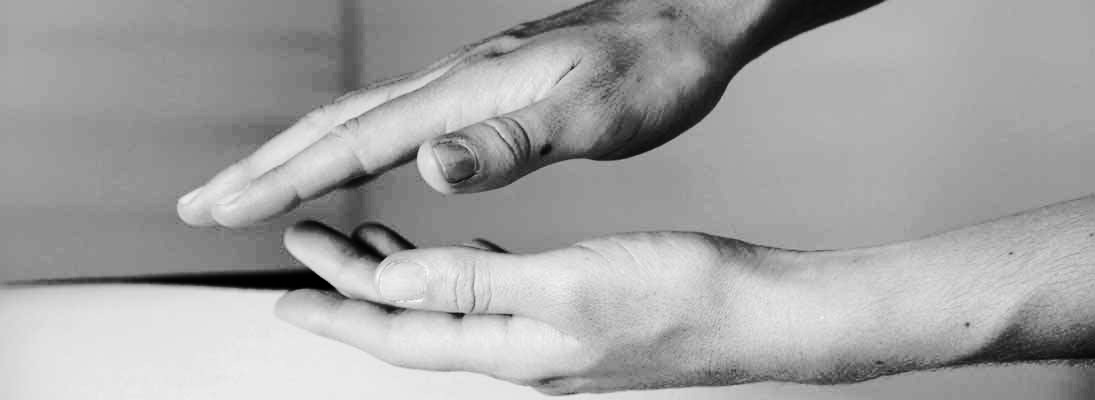
What is homeostasis?
It’s the body’s ability to self-regulate, adapting to changes, external or internal disturbances, in order to maintain a state of balance.In everyday life, we engage our various systems (musculoskeletal, visceral, fascial…) and accumulate tensions that can eventually lead to mobility losses in certain structures: this is what we call osteopathic dysfunction.
What can we treat?
This list is not exhaustive but covers a broad range of conditions commonly treated by osteopaths. It’s important to consult with a qualified osteopath for individualized assessment and treatment.
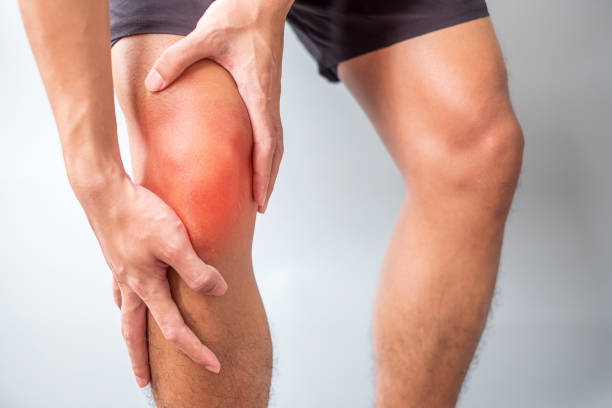
Musculoskeletal
- Disc protusion/herniation
- Lumbago
- Sciatica
- Cruralgia
- Posture
- Torticolis
- Chronic pathologies
- Cervical brachial Neuralgie
- Intercostal pain
- Sprain ( ankles , knee…)
- Pre and post surgery
- hips compression
- plantar fasciatis
- Bursitis
- Frozen shoulder
- Ergonomic issue
Cranio- Sacral
- Headaches (e.g., tension headaches, migraines)
- Temporomandibular joint (TMJ) dysfunction
- Facial pain )
- Sinusitis
- Dental issues affecting jaw alignment
- Post-concussion
- Neuralgia
- Stress-related tension in the skull muscles
- Coccydynia
- Trauma-related injuries to the coccyx
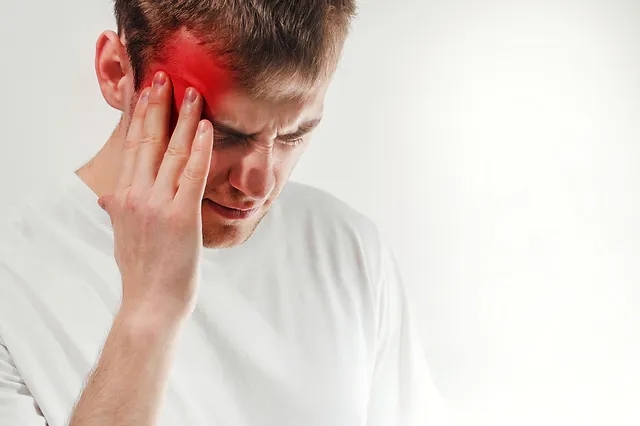
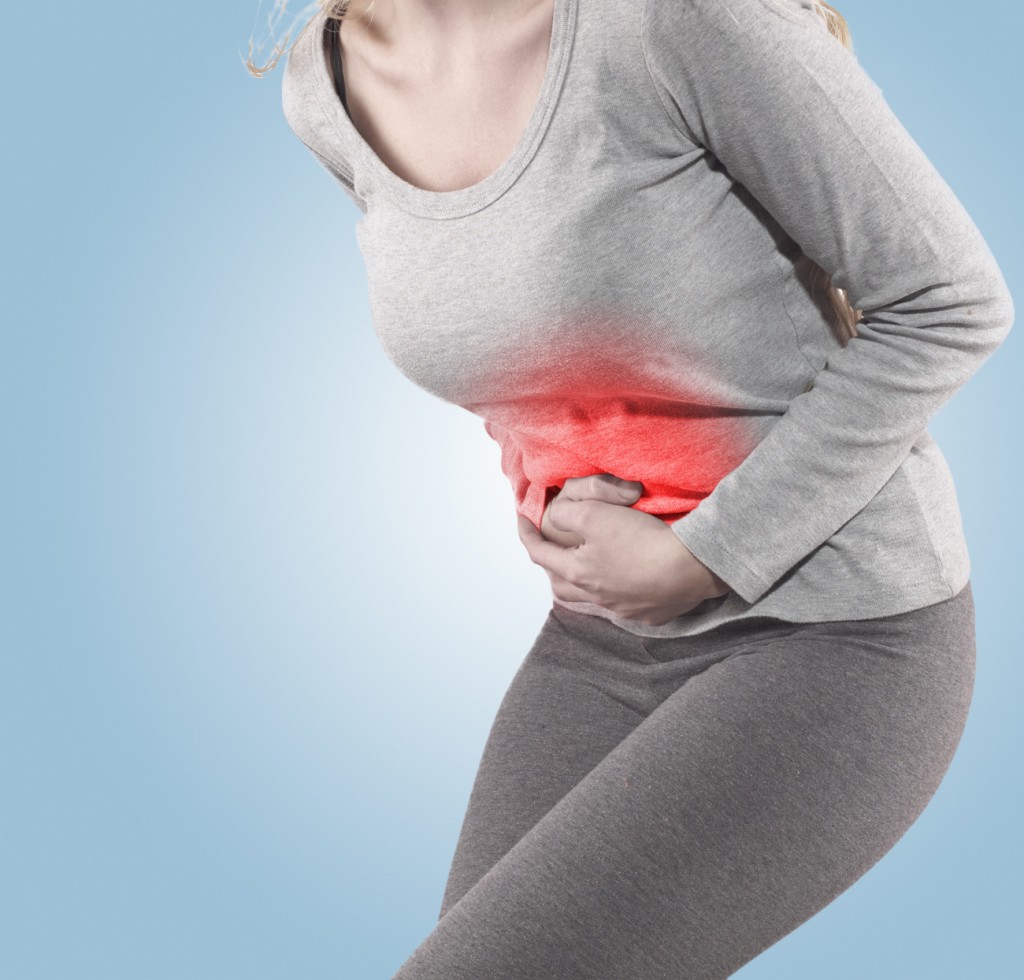
Visceral
- Gastroesophageal reflux disease (GERD)
- Irritable bowel syndrome (IBS)
- Constipation
- Diarrhea
- Digestive disorders
- Chronic abdominal pain
- Bladder issues, such as urinary incontinence
- Menstrual disorders
- Premenstrual syndrome (PMS)
- Irritable bowel syndrome (IBS)
- Respiratory disorders, such as asthma or chronic bronchitis
- Sinusitis
- Sinus headache
- Blood circulation issues in the lower limbs
- Prostate issues
Pre / Post natal and Pediatric
- Lower back and pelvic pain during pregnancy
- Preparation for childbirth
- stress and anxiety
- Postpartum posture recovery
- muscle tension and spasms postpartum
- Postural
- torticollis or plagiocephaly
- breastfeeding difficulties
- Colic and digestive
- Support for motor development
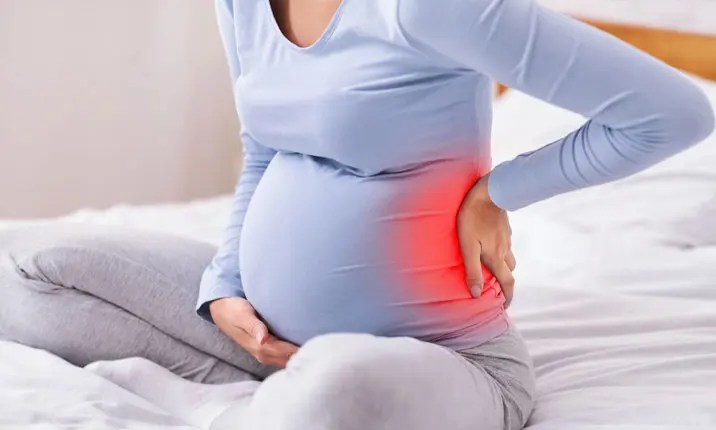
You can Contact Julien Dadoun, Osteopath in Muscat, for any inquiries about the various treatments.